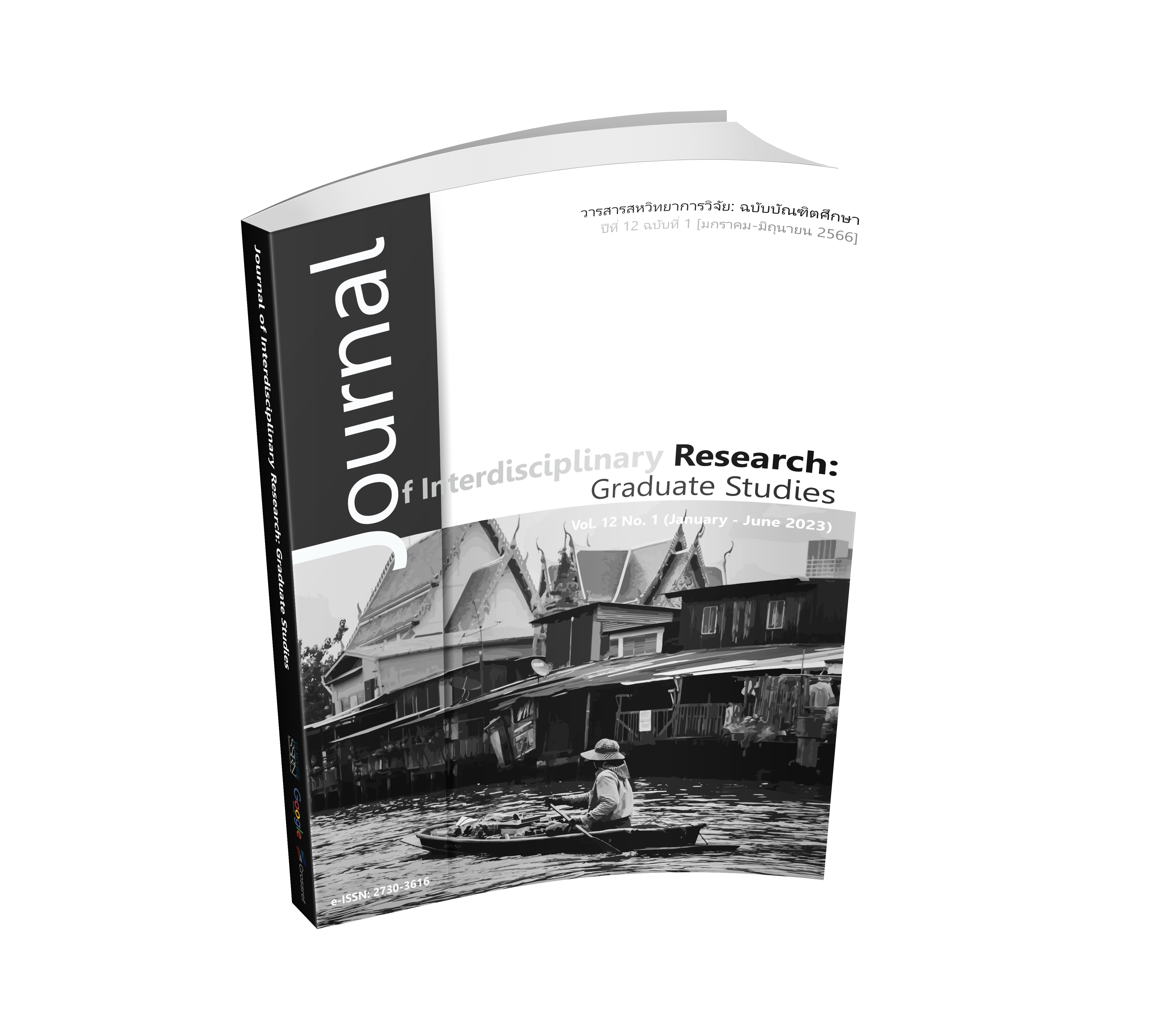FACTORS REDUCING THE EFFECTS OF PETER PRINCIPLE IN THE PROMOTION OF THE MANAGEMENT: A CASE STUDY OF LARGE PRIVATE COMPANIES IN THAILAND
DOI:
https://doi.org/10.14456/jirgs.2023.4Keywords:
Promotion, Promotion Factors, Peter Principle, Competency, Performance, SuccessorAbstract
In this research, the researcher used Peter Principle as a research framework. The objective is to study the problems and factors that cause the performance of executives to decline. after being promoted within the organization and propose solutions or reduce the problem of Peter's Law to executives whose performance has deteriorated. A qualitative research method was used to collect data from interviews with 16 senior executives using the ATLAS.ti program. which is a program for analyzing qualitative data. The results found that in selecting the talented people for promotion to 5 factors were considered including expertise, accountability, resilience, attitude, synergy, talent, performance, competency by analyzing the 9-Box-Model and Competencies that are essential for selecting the talent who will be “Successor” of “Chief Executive Officers” (CEOs), which especially requires the primary significant factor that is “Synergy” Nevertheless, the effect of Peter Principle occurs because many Thai organizations usually stresses “Performance” factor alone in selecting successor.
Downloads
References
Garrett, S., Caldwell, B., Harris, E., & Gonzalez, M. (2009). Six dimensions of expertise: a more comprehensive definition of cognitive expertise for team coordination. Theoretical Issues in Ergonomics Science, 10(2), 93-105.
Guest, G., Namey, E., & Mitchell, M. (2013). Collecting Qualitative Data: A Field Manual for Applied Research. California: Sage Publications, Inc.
Liu, Y., Chen, R., Zhou, F., Zhang, S., & Wang, J. (2021). Analysis of the Influencing Factors of Organizational Resilience in the ISM Framework: An Exploratory Study Based on Multiple Cases. Sustainability, 13(23), 13492.
Peter, L., & Hull, R. (1969). The Peter Principle. New York: Buccaneer Books. Inc.
Schaap, J. (2011). The Peter Principle: Is This Forty-Year-Old Universal Phenomenon in Decline or Growing?. Nevada: University of Nevada.

Downloads
Published
How to Cite
Issue
Section
License
Copyright (c) 2023 Authors

This work is licensed under a Creative Commons Attribution-NonCommercial-NoDerivatives 4.0 International License.









.png)


